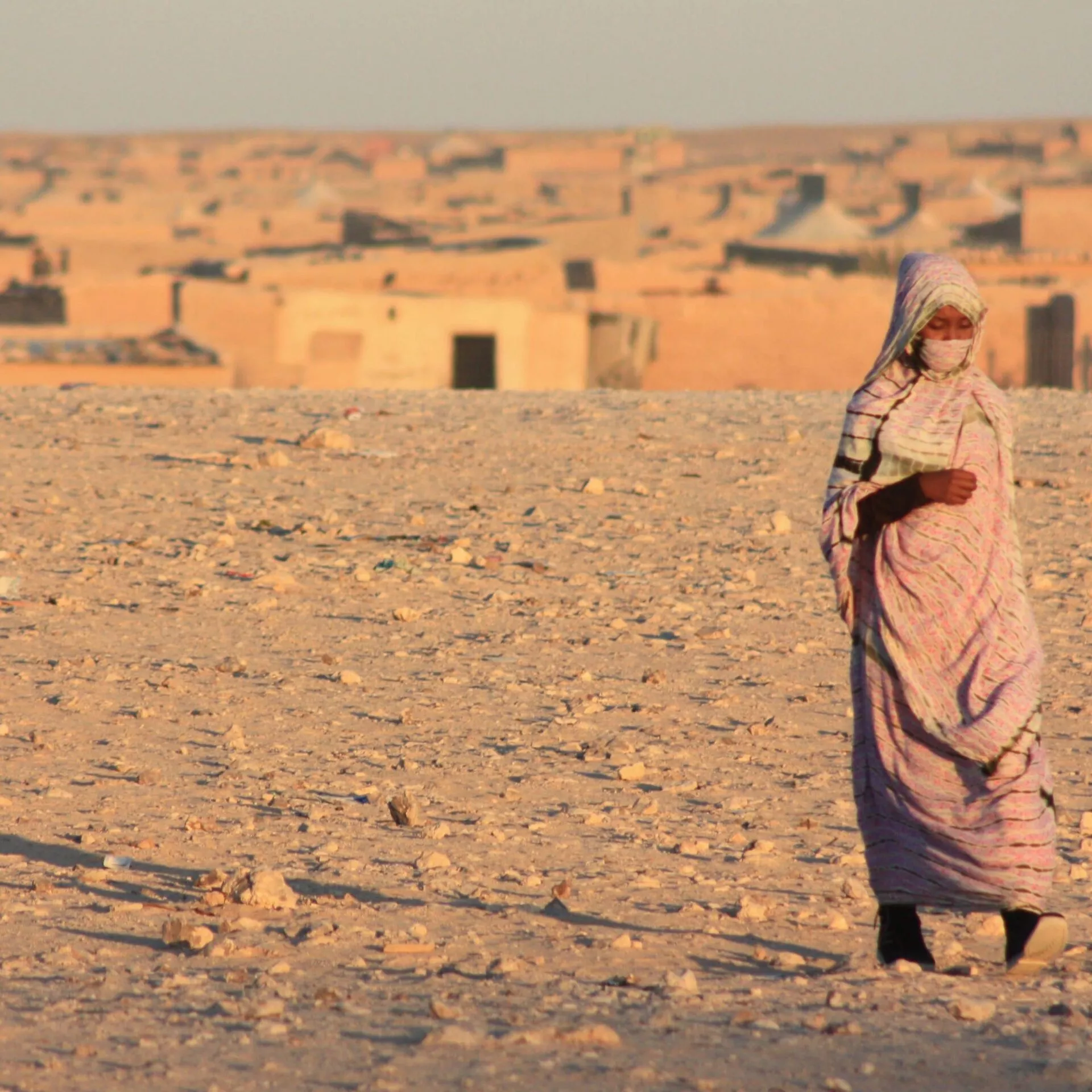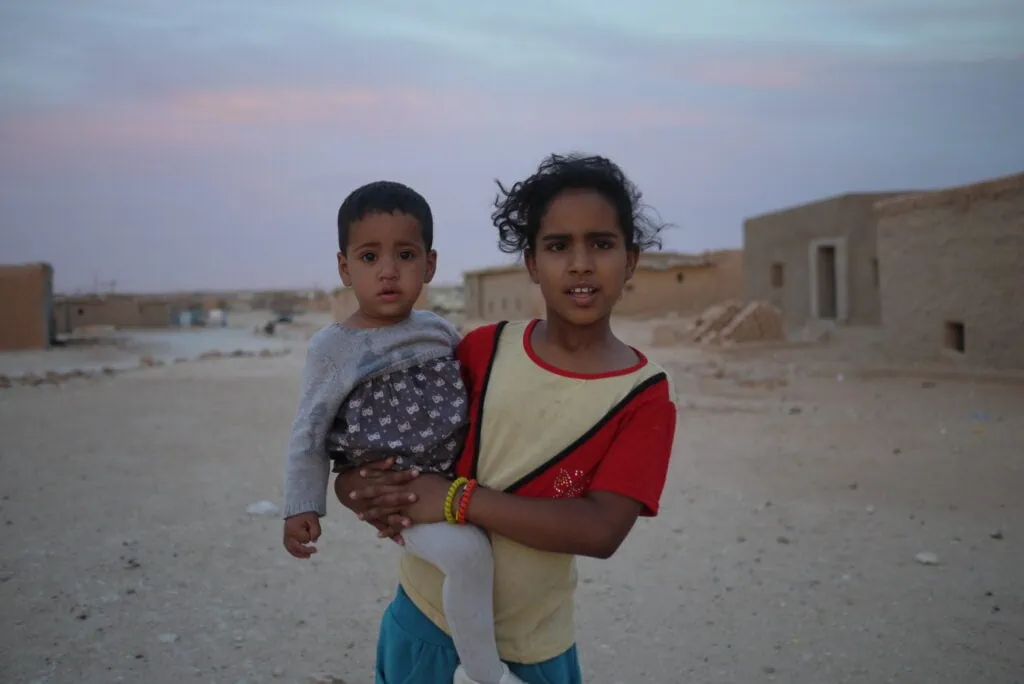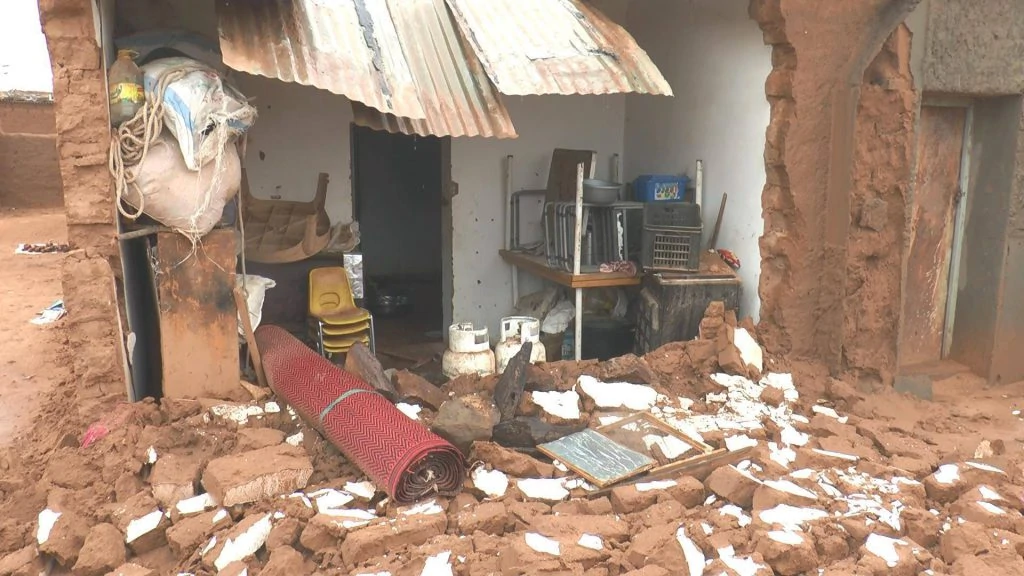Refugee camp
Isolation and lack of prospects
Sor almost 50 years, Sahrawi refugees have been living in camps in the desert. The situation is particularly difficult for the young people - now the third generation. Isolation and a lack of prospects cause them trouble. The harsh climatic conditions bring extreme heat and flooding.

Around 174,000 people live in the five refugee camps in southwestern Algeria. The Sahrawis fled there in 1975 to escape Moroccan occupation and bombardment with napalm and phosphorus bombs. Since then, they have been waiting for a solution to the conflict and to be able to return to their country. This is now the third generation to grow up in the camps.
Hopelessness of youth

For young people in particular, the psychological situation is very difficult. Although young Sahrawis have a very high level of education, they are largely condemned to do nothing in the camps. Apart from small-scale trade, there is hardly any economic activity. The frustration of the young people is all the greater because many of them have even gone abroad to study. Their hopes of contributing to the development of their country upon their return are soon dashed. The grueling waiting situation for a referendum is paralyzing. terre des hommes switzerland therefore supports a project for young people in the largest of the camps, in Smara. The youth center is an important meeting place, especially for young women, where they can get together and exchange ideas. Various courses are offered, for example on health and women's rights, as well as sports, cultural and open youth work. The youth groups also organize social work in the refugee camps and a few pioneers experiment with vegetable growing. Twice a week, the young women organize play afternoons for about 1200 children.
Dependence on aid supplies
While Morocco exploits the natural resources in the occupied territory and exports fruit and vegetables from Western Sahara, the people in the refugee camps are dependent on international aid supplies. These have also dwindled in recent years as humanitarian aid is shifted to other hotspots. Faced with malnutrition, high rates of anemia, malnourished children and a general shortage of supplies, the Sahrawis' bitterness is growing.
Floods and unbearable heat

The refugee camps with their poor infrastructure and provisional construction are associated with great risks for their inhabitants. The camps are unprotected against extreme weather conditions. Heavy rains in autumn repeatedly lead to flooding, which destroys houses and tents as well as infrastructure such as water and electricity supplies and hospitals.
The other extreme are the hot summer months. Temperatures can reach up to 50 degrees, which is at the limit of what people can bear.

